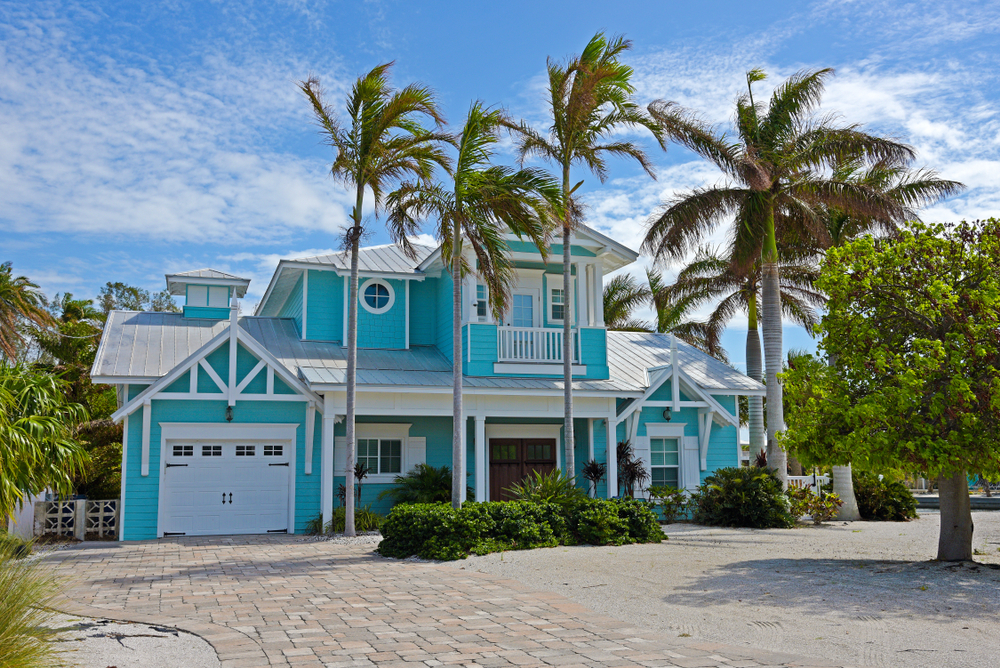Can I insure a home that I don’t live in permanently?

Homeowners insurance is a must have to protect your home as well as your possessions. However, what if it’s a home that you don’t live in permanently, such as a rental or sublet, second home or other property that you don’t occupy on a regular basis, does it still need to be protected by homeowners insurance?
Regardless of the reason that the home is unoccupied, you should protect it from damage or destruction with homeowners coverage but in some cases, it can be more difficult (as well as more expensive) to find coverage as insurance companies do not like homes that sit vacant for long periods of time.
What is the difference between vacant and unoccupied homes?
Legally, there is a difference between vacant and unoccupied homes. Vacant is typically defined as an empty house, there is nobody living there and no furniture or other items. This could be a home you inherited but are not ready to sell yet, an investment property or even a second home that you don’t use.
On the other hand, unoccupied simply means that a house is doesn’t have anyone living in it at the time but is furnished or has other possessions in it. This could be a second home that you don’t use regularly but it is ready for usage or a rental that is not always rented (think short term rental) and is only occupied once in a while.
Why insurance companies don’t like empty houses
When a house is unoccupied, there is no one there to notice if a fire, leak or flooding starts which means the damage could possibly go unnoticed for days, weeks or even months which can dramatically increase repair costs, expenses your insurance company must cover so they will charge more for coverage if your home is unoccupied or vacant. A water leak that isn’t repaired can eventually lead to a mold issue which can be very expensive to repair.
In addition to an increased risk for damage from water leaks, fire or flooding, unoccupied homes are also a target for thieves and vandals. Again, your insurer will have to cover any covered damaged done by vandals or replace personal property that is stolen by thieves.
In some cases, an insurer can refuse to offer coverage if the home has been unoccupied for over 30 days. The exact parameters may vary between insurance companies. However, if your home is protected by an insurance policy, your insurer must cover any damaged done by covered perils regardless of whether the property is occupied or not.
Can I get coverage for a vacant home?
Just because your home is vacant doesn’t mean you can’t insure it, but coverage may be more expensive and harder to find. Most insurance companies offer vacant home coverage that will provide protection against perils such as fire, explosion, lightning, wind, and hail. It is also possible to purchase optional coverage for acts of vandalism and mischief as well as liability coverage. Many insurers offer these policies for 3, 6 or 12 months of coverage.
If you have a second home that you use for short term rentals, you may want need to put a vacation home policy in place or a policy that specifically offers coverage for short term rentals. These policies offer liability coverage but in some cases the policy may cover a narrower range of perils than a standard homeowners insurance policy.
If you have a vacation home or other property that sits empty on a regular basis it is best to talk to your insurance agent or insurance company to determine the proper type and amount of coverage you need to carry to make sure your home is fully protected.
